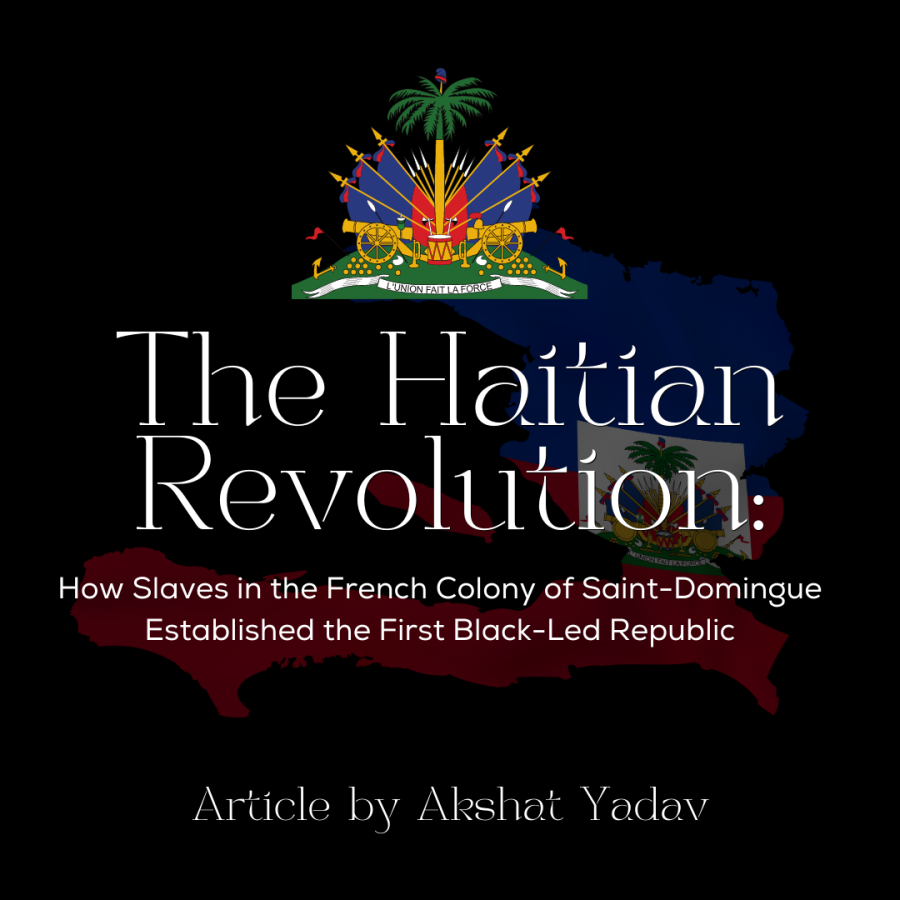The Haitian Revolution
During the height of European colonization, the Caribbean provided empires such as the British, French, Spanish, and Dutch with an exotic hub perfect for crash-crop exploitation. The region’s favorable weather conditions enticed colonizers to import slaves from Africa and establish plantation economies within their colonies.
One island was of great importance to Europeans, the French colony of Saint-Domingue (now known as Haiti). Saint-Domingue produced a majority of the world’s coffee, a great portion of global sugar production, and millions of French people relied on agricultural products from the colony. After trafficking slaves from modern-day Nigeria and Congo at extremely high rates, the slave population on the island rose to nearly 500,000. This was around 16 times greater than the island’s European population of 32,000.
Several small conflicts saw a British and Spanish attack on the French-controlled part of Hispaniola, and Toussaint Louverture, now known as the father of Haiti, worked with the French military in order to remove Britain and Spain as well as abolish slavery in Haiti.
Louverture’s consolidation of power on the island and self-declaration as “governor-for-life” led to Napoleon Bonaparte sending troops to the island in order to reinstate French control over Haiti. After the French successfully took the island, a massive rebellion began against the colonial power, which was suspected to reinstate slavery on the island. Interestingly enough, a legion of Poles was sent to fight on behalf of France; after finding out that the Haitians were fighting against slave masters, they joined the rebellion efforts. Having faced oppression by European powers like Germany and Russia, they sympathized with the struggles of the Black population of Haiti.
A British blockade of Haiti as part of the Napoleonic Wars and multiple French defeats led to the French surrendering and Haiti declaring its independence on January 1st, 1804. Jean-Jacques Dessalines, the leader of the revolutionary efforts following the death of Louverture in a French prison, became governor-general of the nation and soon established himself as “emperor for life.”
The Haitian Revolution was a major event in the history of the Caribbean and the Black community. It had a major impact on the history of slavery in the New World as its success served as a source of inspiration for abolitionists in the United States. The Revolution’s ideals of freedom, liberty, and self-determination were taken up by the anti-slavery efforts in the US and across the world. The Revolution marked the first successful slave rebellion in the New World, and it served as an example to other slaves and oppressed peoples in the Americas that freedom was possible.
Your donation will support the student journalists of Enloe Magnet High School, allowing us to cover our annual website costs. We are extremely grateful for any contribution, big or small!

(He/him)
Akshat is a senior here at Enloe. He is excited to return for his third year on the staff to work on the Eagle's Eye's newest (and best) section,...













